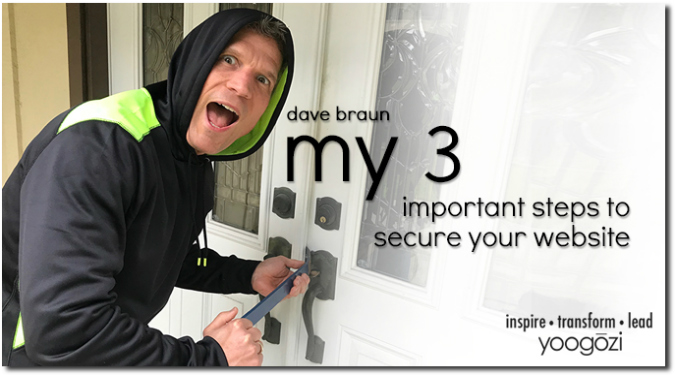Thinking Errors That Make You REALLY Unhappy
Our brains and our own thoughts about ourselves and what’s going on around us are powerful tools for both good and bad. Even if you don’t realize it, you may make thinking errors that cause you to be really unhappy.

Such cognitive distortions don’t reflect reality. They stem from insecurity and a skewed perspective.
See if you recognize yourself in the following descriptions of how thoughts can go awry.
Related: Stop Pouting. Take Action. Be Happy!
6 Thinking Errors That Make You Unhappy
1. Generalizations
Generalizations include words like “always” and “everyone.” They’re sweeping statements that oversimplify. You might generalize when you say something like “no one likes me,” or “everyone uses me.”
Usually, there’s a catalyst or triggering event. Thus, if someone behaves as though they dislike you, you might assume everyone feels the same.
2. Personalization
Do you shoulder responsibility for matters outside your control? If so, you personalize events.
For instance, you may apologize for bad weather when friends visit you. You might think “if I had chosen a different day to invite them, the sun might have come out.”
3. Jumping to conclusions
If you jump to a conclusion, you might think a situation is negative when there’s nothing wrong.
A typical example may be that you wave at a passing friend, and think she’s upset with you if she doesn’t wave back. She might not have spotted you, but you’ll think you’ve been ignored on purpose.
4. Filtering information
Everyone filters information to an extent based on their beliefs. You engage in unhealthy filtering if you have a negativity bias when considering data.
For instance, if you receive a B+ for a college assignment, you may worry about why you didn’t get an A, although B+ is a terrific grade.
5. Things ought to be a certain way
You’ve made the error of skewed thinking if you use the words ‘should,’ ‘must,’ or ‘ought.’
When you imagine you, or others, should behave in specific ways, you are likely to be disappointed. Your blurred vision about what to expect will lead to frustration if things don’t go your way.
6. Labeling
You might engage in labeling when you’ve made a mistake.
For instance, if you recognize yourself in any of the descriptions above, you may label yourself as stupid. In fact, making errors doesn’t mean you aren’t intelligent.
Doing so means you carry out behaviors that produce results you don’t want. Every gaffe is a chance to learn and behave differently next time.
Related: Destiny is in Your Hands
You might have carried out thinking errors that made you unhappy in the past, but you can change. Now that you recognize cognitive blunders and will be more aware of making them, you’ll be able to stop and alter your thoughts. The upshot will be a happier, clearer thinking you!
Have any of these thinking errors been creeping into your brain making you unhappy? What are you doing to replace them with positivity? I’d like to hear about it below in the comments section.


















